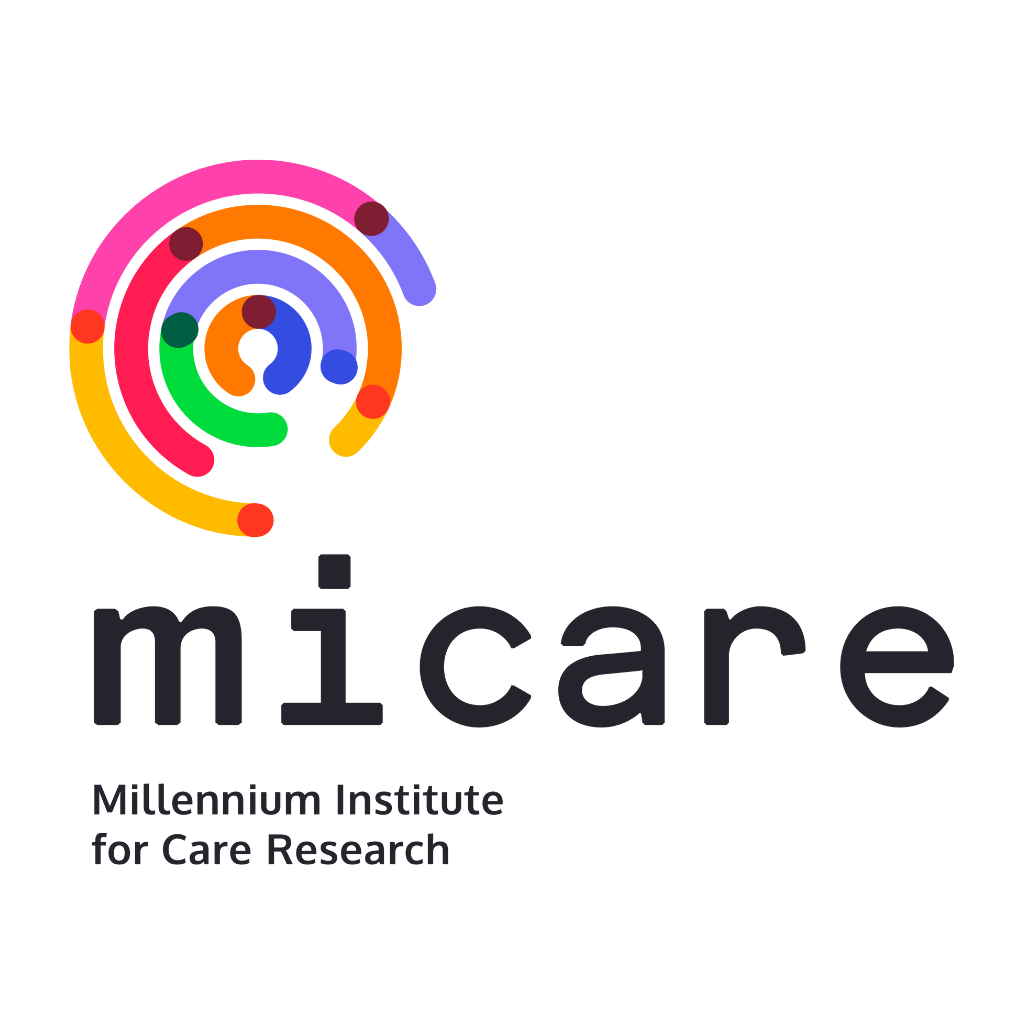Article published by Raffaela Carvacho, Research Coordinator at MICARE; María Beatriz Fernández, Associate Researcher; Claudia Miranda, MICARE Director; and Marcela Carrasco.
Approximately one in five Chilean older adults has some degree of dependency. Limited evidence is available on self-perceived needs in Latin-American older people. The main aim of this study was to identify predictors of unmet needs of dependent older persons without cognitive impairment, considering personal and primary informal caregivers’ factors. This cross-sectional study was conducted with a sample of 77 dyads of older people with dependency and their caregivers. A survey was administered, evaluating sociodemographic characteristics, anxious and depressive symptomatology, health-related quality of life, and social support. Older people’s self-reported met and unmet needs and caregivers’ burden and self-efficacy were also assessed.
Findings
Most participants had mild to moderate levels of dependency. The most frequent unmet needs were “daytime activities” (33.8%), “company” (23.4%), “benefits” (23.4%), and “psychological distress” (24.7%). Older people’s higher level of dependency and anxious symptomatology were predictors of a higher number of unmet needs, with a model whose predictive value was 31%.
Conclusion
Most unmet needs of dependent older people were found in psychosocial areas. Also, a higher number of unmet needs were predicted by lower functionality and anxious symptomatology of the older person. Furthermore, caregivers in this sample presented high levels of burden and mental health symptomatology, indicating that they also required support.

